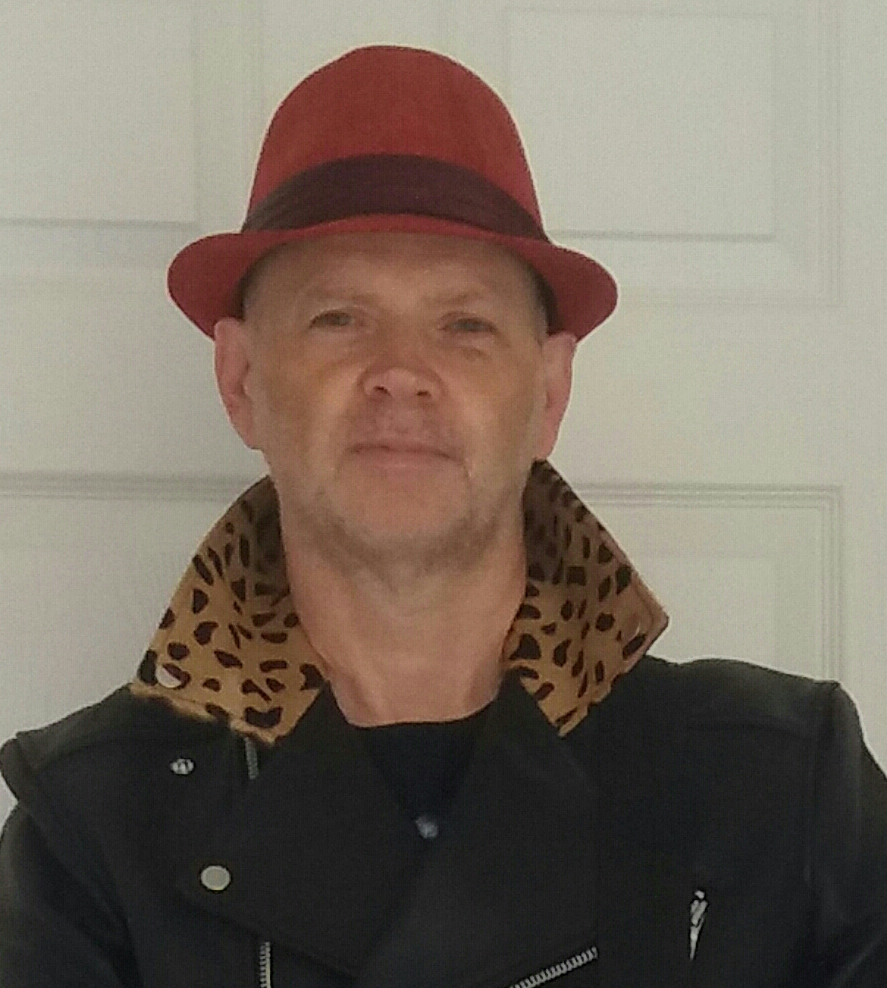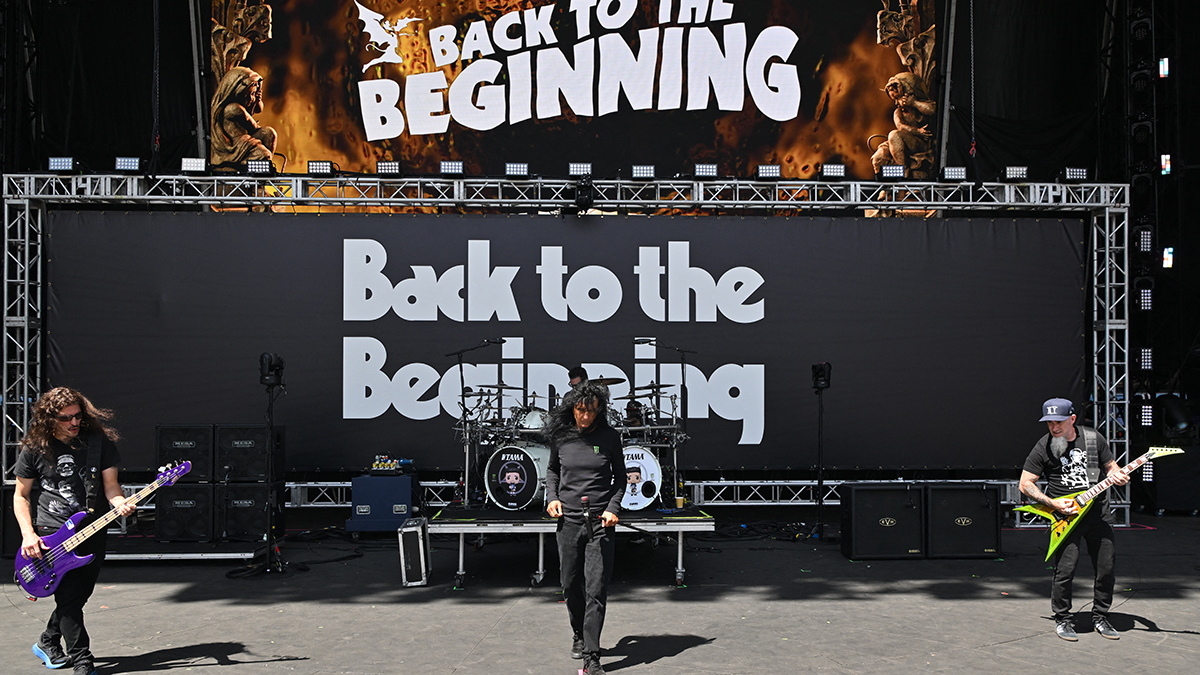“Those were the cocaine ’80s. They devoted a whole day to auditioning snare drum samples – just to double-up the actual snare”: Nancy Wilson knew Heart had to adapt to survive the excesses of the 1980s – but she didn’t expect their greatest success
Heart's self-titled 1985 album was just what the doctor ordered, ushering in a triumphant second act for the iconic Seattle rockers
![Heart's Ann [left] and Nancy Wilson pictured in 1985. Nancy is holding her Gibson Les Paul Custom](https://cdn.mos.cms.futurecdn.net/P6HXpqzcZihm3WmjRcBJXc.jpg)
Best of 2025: Over the holiday season, GW is shining the spotlight on some of its biggest stories of the year.
Heart’s career was somewhat in decline when they signed with Capitol in 1985 after several years with Epic.
Although sales of their previous two albums, 1982’s Private Audition and 1983’s Passionworks, would have been welcomed by many acts, by their own high standards, it was clear they needed to turn things around.
Guitarist Nancy Wilson and her singing sister, Ann, were in no doubt that a major reboot was needed and eagerly embraced the opportunities that the deal with Capitol presented. We’ll let Nancy take it from here…
Heart was your first album for Capitol, and it saw the band undergo a major makeover. Was that part of the conditions on which you signed the deal?
“I think we’d reached the end of the average lifespan for most rock bands by that point. We decided that if we wanted to survive, we probably needed to find a new manager and a new record company and have some kind of major reset.
“We saw the chance to sign with Capitol as an opportunity to reinvent the band. I guess it was almost like the old saying, ‘When in Rome...’ If we wanted to fit in with the whole new MTV era, we had to adapt to survive.
All the latest guitar news, interviews, lessons, reviews, deals and more, direct to your inbox!
Producer Ron Nevison had told you that he thought the idea of using acoustic guitars was outdated, which must have made you feel a bit uncomfortable, as your acoustic playing was central to the band’s sound up.
“I felt a little pressurised, as my first love was always acoustic guitar. That was the element that I brought when I joined Ann’s band, the idea of embracing electric and acoustic sounds, much like Led Zeppelin, for example.
“I guess the acoustic guitar was a little out of step with the digital Eighties. On the live stage it didn’t really matter, as so many of our big songs did require me to play acoustic.”
You had four big hits with songs brought in by outside writers. Was that strange for you as a band who normally wrote their own songs?
“They were great songs – timeless, really – and, of course, they brought us huge success, and we’d already fully embraced the notion that we would have to commit wholeheartedly to Capitol’s plan for it to work. We actually spent a couple of days at Ann’s house, with Ron, going through numerous songs to see if there were any we’d be happy to record.
“Alone is a particularly strong song that could have been recorded at any time over the decades. I guess we were a little jealous, though, because we didn’t write them ourselves. [Laughs]”
Was it a slow process, embracing the new technology?
“Those were the cocaine ’80s, so everything was extraordinarily long winded. They devoted a whole day to auditioning snare drum samples [just] to double-up the actual live snare drum, for example.”
Did you spend much time in pre-production?
“Yes, we spent a long time in a rehearsal studio, learning all the parts and working out the harmonies. Howard Leese would take tapes home from the rehearsal to work out his solos, which were amazing parts that were as important to the song as the lead vocal – parts that were intrinsic to the song.”
Looking back, do you feel the trade-offs were worth the discomfort you felt at the time you were making the album and shooting the videos?
“Yes, absolutely. It revitalized the band and gave us a new lease of life. It also took us up to a whole other level of global success, so there’s nothing I regret about what we did or where we compromised.”
- Heart is out now via Capitol.
- This article first appeared in Guitar World. Subscribe and save.
Mark is a freelance writer with particular expertise in the fields of ‘70s glam, punk, rockabilly and classic ‘50s rock and roll. He sings and plays guitar in his own musical project, Star Studded Sham, which has been described as sounding like the hits of T. Rex and Slade as played by Johnny Thunders. He had several indie hits with his band, Private Sector and has worked with a host of UK punk luminaries. Mark also presents themed radio shows for Generating Steam Heat. He has just completed his first novel, The Bulletproof Truth, and is currently working on the sequel.
You must confirm your public display name before commenting
Please logout and then login again, you will then be prompted to enter your display name.




